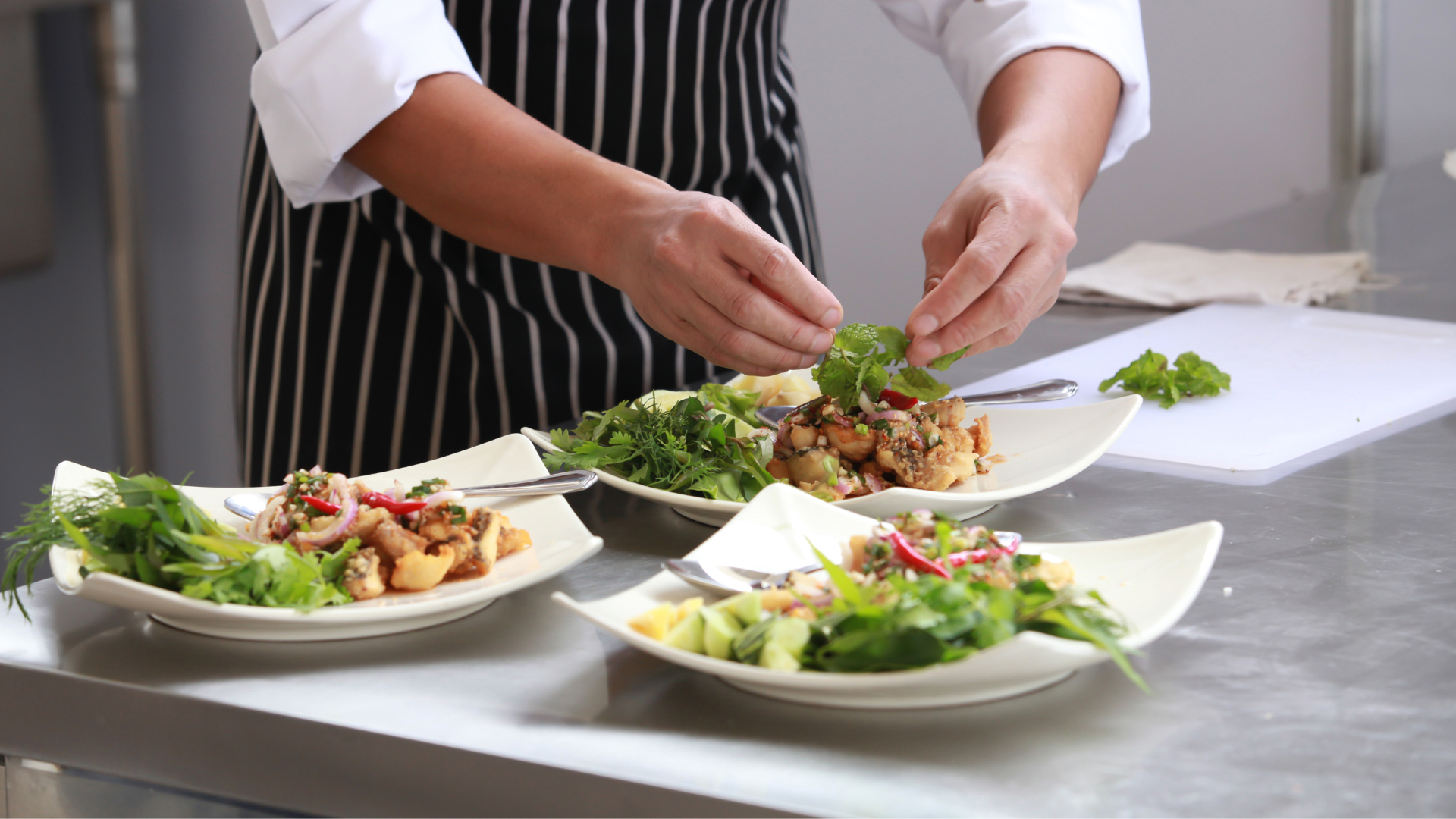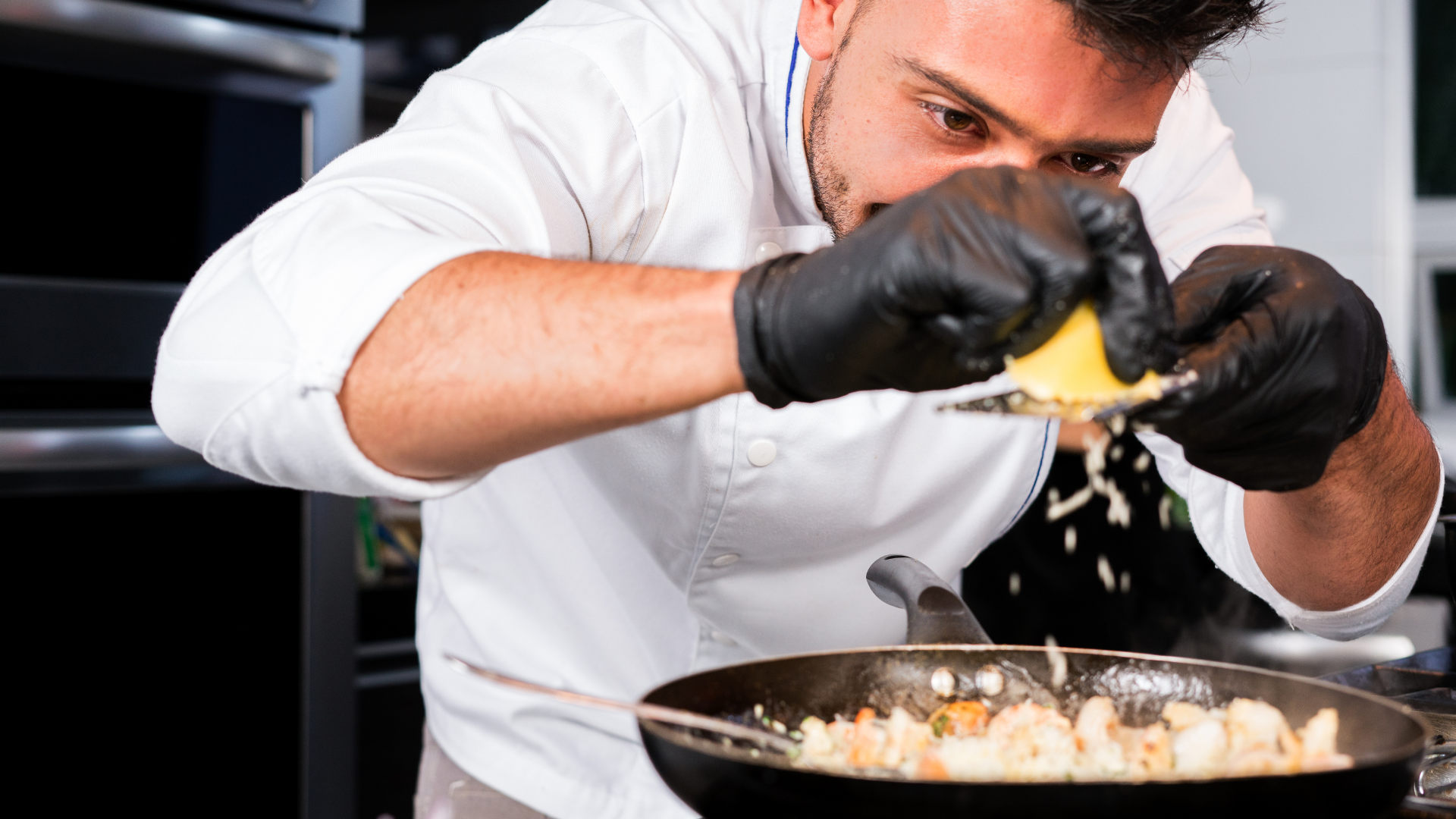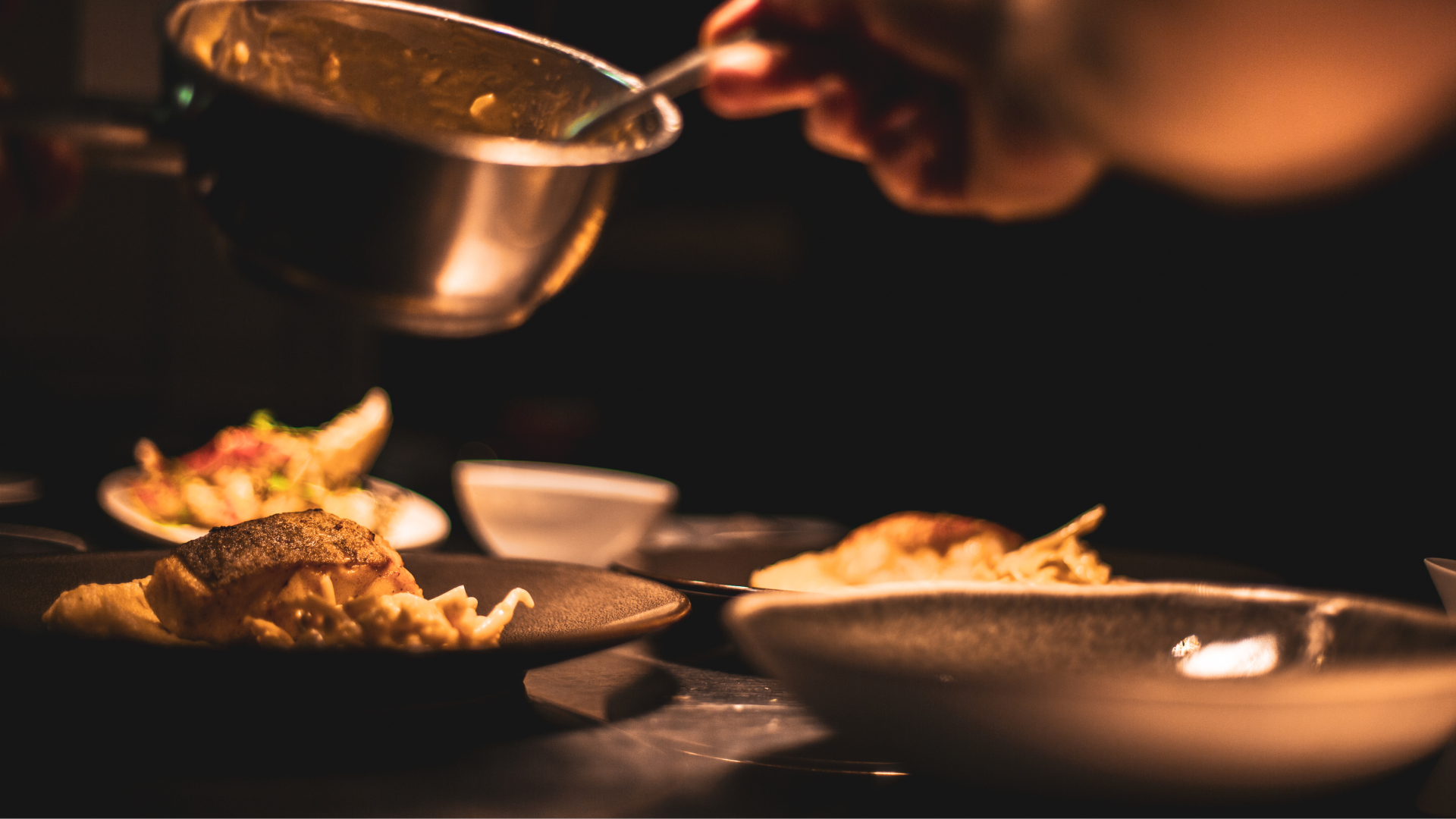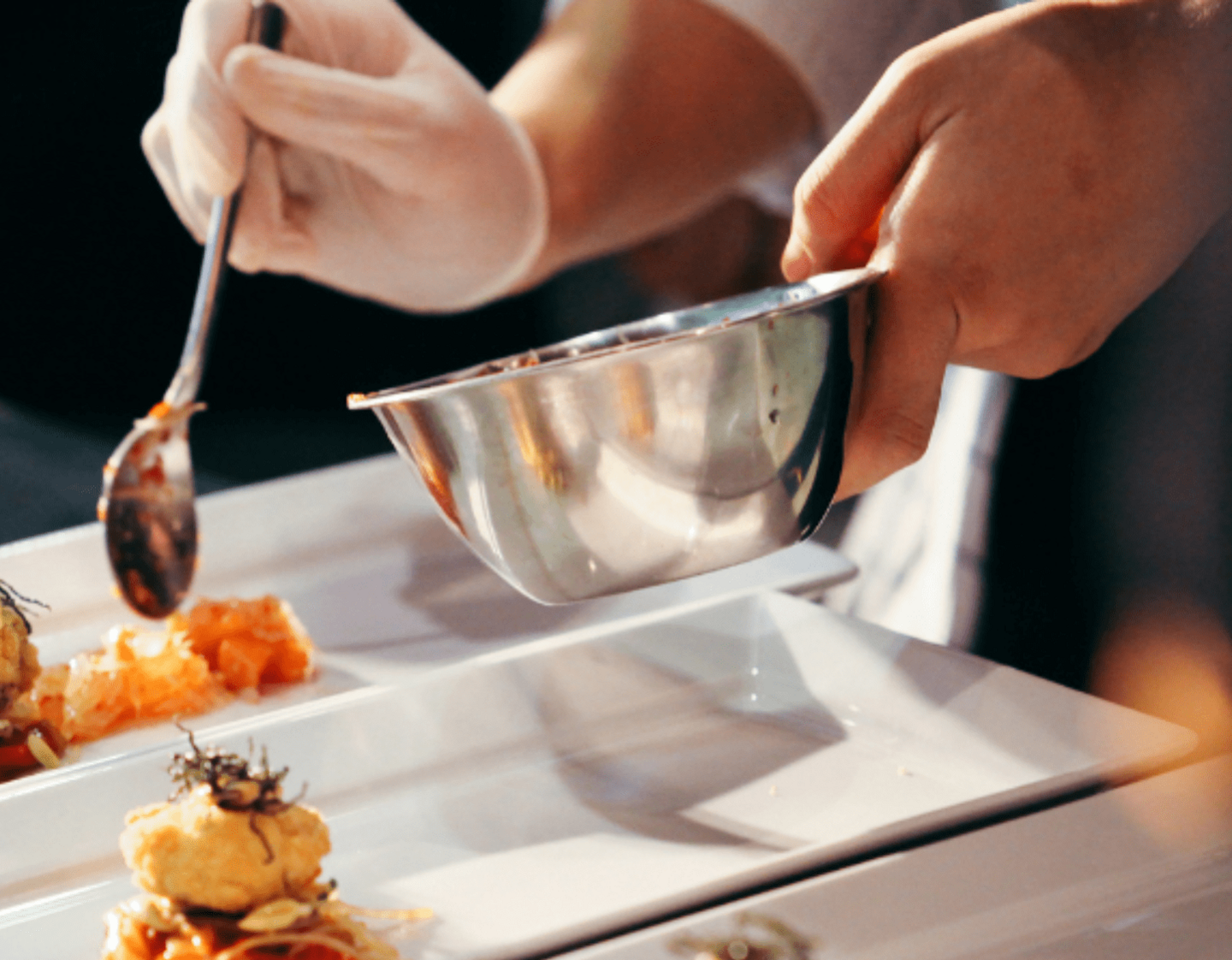Chef de Partie: The Role, Responsibilities and Career Path
A Chef de Partie holds a vital position within professional kitchens across the UK, managing specific sections or stations while playing a key role in the kitchen's daily operations. Also known as a station chef or line cook, this role represents an important step in a chef's career progression.

Understanding the Role
A Chef de Partie takes charge of a particular kitchen section, such as pastry, fish, or sauces. The position sits above commis chefs but below sous chefs in the kitchen hierarchy, making it a middle-management role that combines hands-on cooking with supervisory responsibilities.
Daily Responsibilities
The role of a Chef de Partie is both demanding and varied. Each day begins with thorough preparation of their section, checking inventory and ensuring all necessary ingredients are ready for service.
Throughout service periods, they orchestrate their section's output, maintaining consistent quality while managing time pressures. They work closely with their team, providing guidance and training to junior staff while coordinating with other sections to maintain smooth kitchen operations. Beyond cooking, they hold responsibility for maintaining rigorous food safety standards, managing stock levels, and documenting important information such as temperature checks and food storage records. They must also plan ahead, preparing prep lists for the following day and managing their section's part in special events or functions.
Kitchen Sections and Specialisations
Different sections within a professional kitchen require specific skills:
Sauces (Saucier): Preparing stocks, sauces, and soups
Fish (Poissonnier): Managing seafood dishes
Meat (Rotisseur): Handling meat preparation and cooking
Vegetables (Entremetier): Overseeing vegetable dishes and garnishes
Pastry (Patissier): Creating desserts and baked goods
Cold Kitchen (Garde Manger): Managing salads and cold dishes

Required Skills and Qualifications
While formal qualifications aren't always mandatory, these credentials can help:
Level 2/3 NVQ in Professional Cookery
Food Safety Certification
Health and Safety qualification
First Aid certification
Essential skills include:
Strong culinary knowledge
Team management capabilities
Good communication
Time management expertise
Problem-solving abilities
Salary Expectations
Compensation for Chef de Partie roles varies significantly across the UK, reflecting both location and establishment type. Across the UK, salaries generally range from £24,000 to £30,000, while premium establishments such as luxury hotels and fine dining restaurants might offer up to £40,000.
Many positions also include additional benefits such as meal allowances, pension contributions, and training opportunities. Night shift premiums and weekend enhancements can further boost earning potential.
Working Environment
Chef de Parties work across a diverse range of professional kitchen settings, each offering unique opportunities and challenges. Fine dining restaurants provide exposure to premium ingredients and sophisticated cooking techniques. Hotels offer experience in multiple food service areas, from banqueting to à la carte restaurants. Gastropubs combine traditional British fare with modern cooking methods. Contract catering positions often provide more regular hours and the chance to work in business or education sectors. Private members' clubs typically offer excellent working conditions and prestigious clientele, while corporate dining facilities frequently provide opportunities to develop menu planning skills and budget management experience.
Career Development
The Chef de Partie position represents an important stepping stone in professional kitchen progression. The typical career path leads from Senior Chef de Partie to Junior Sous Chef, then to Sous Chef, and potentially to Head Chef. Each step brings increased responsibilities and opportunities to develop new skills. The transition to Junior Sous Chef usually occurs after 2-3 years of successful section management, while the move to Sous Chef might take another 2-4 years depending on the individual's development and available opportunities. Many chefs also use this role to gain experience in different types of establishments, building a broad skill set before settling into a particular style of cuisine or establishment type.

Work Schedule
The Chef de Partie role offers varied and flexible working patterns that suit many lifestyles. Most positions involve a mix of lunch and dinner services, with shifts arranged to provide good breaks between busy periods. Working hours typically range from 45-50 hours weekly, structured around peak dining times. Weekend and evening work creates opportunities for mid-week breaks, which many chefs appreciate for personal errands and activities. While bank holidays are naturally part of the hospitality calendar, kitchens operate organised rota systems to maintain fair scheduling. Different establishments offer distinct patterns - hotels might focus on breakfast and lunch, while restaurants often centre on evening service, allowing chefs to find positions that best match their preferences.
Finding Success in the Role
Success as a Chef de Partie requires a combination of technical skill, leadership ability, and personal qualities. The most successful Chef de Parties demonstrate exceptional attention to detail in their cooking while maintaining high standards under pressure. They excel at building strong relationships within their team, offering clear direction and support to junior staff while responding well to guidance from senior chefs. Professional development plays a crucial role, with many successful Chef de Parties actively seeking opportunities to learn new techniques and broaden their culinary knowledge. They often take initiative in menu development, suggesting new dishes and refinements to existing ones. Time management and organisation prove particularly important, as they must balance cooking responsibilities with administrative tasks and team supervision.
Are you looking to progress your career as a Chef de Partie? At Select Recruitment, we work with leading establishments across the UK to place talented chefs in roles that match their skills and ambitions. Contact our specialist hospitality team to discuss your next career move.


